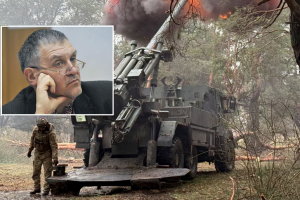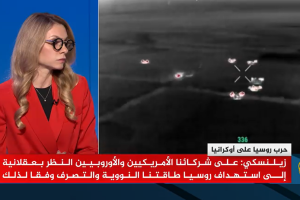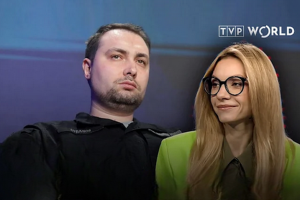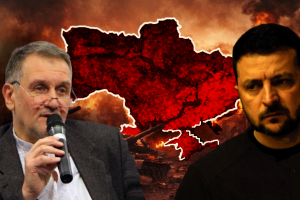The Current Tensions Around Donbas
PONARS Eurasia APRIL 28, 2021
Olexiy Haran and Petro Burkovskyi (National University of Kyiv-Mohyla Academy)
The Kremlin has doubled its domestic efforts to reconstruct Ukraine as a “grave threat” for Russian security

Despite all of the pacifist rhetoric and concessions made by President Volodymyr Zelensky since his election in 2019, the Kremlin has continued its military pressure on Ukraine and has been violating the “full ceasefire” that was announced in the summer of 2020. Almost 100 Ukrainian soldiers have been killed. Zelensky recognized that he could not deliver on his key promise of making peace, so he can become a leader who makes Ukraine stronger by containing Russia and his own oligarchs.
Zelensky declared Ukraine’s intention to join NATO. He conducted negotiations with NATO members about acquiring lethal defensive weapons, and he signed a law that allows him to call reservists with combat experience on short notice. Moreover, according to a nationwide DIF poll from this past February, 51 percent of respondents support Zelensky’s policies of resolving the conflict in Donbas, and the number of NATO state supporters grew from 39 percent in November 2020 to 45 percent in February 2021. One can say that in 2014, Ukraine was weak and divided, while now, in 2021, Ukraine is consolidated in facing Russia’s potential attack.
All the while, the Kremlin has doubled its domestic efforts to reconstruct Ukraine as a “grave threat” for Russian security. The Secretary of the Russian Security Council Nikolay Patrushev accused Ukraine of establishing clandestine radical networks and of preparing terrorist attacks against Russian citizens. By moving combat-ready armies to the Ukrainian borders, Russia demonstrated that the “security” of around 400,000 “Russian citizens in Donbas” (a result of Moscow’s “passportization campaign”) could become justification for another invasion. Since Ukraine avoided being trapped by the Minsk agreements with its “special status” for Donbas (designed to stop its further integration with the West), Russia aims to destroy Ukrainian democracy and statehood before it becomes strong enough to repel any kind of non-nuclear attack in cooperation with its international partners.








